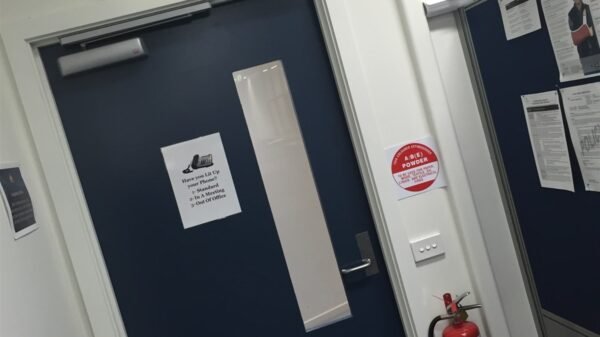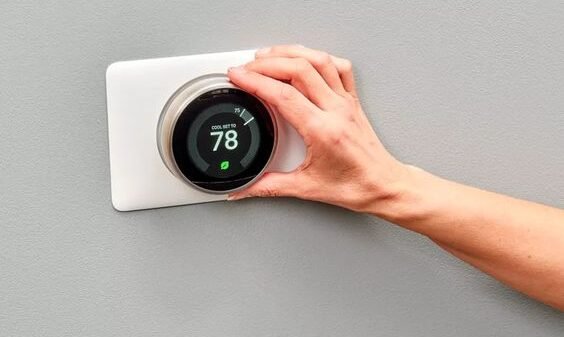Making the switch from a skilled worker visa to securing Indefinite Leave to Remain (ILR) is a huge step. Once you have secured ILR, you will find you have far less red tape to deal with and you’ll have greater flexibility over where you live and work. International travel can also become easier. And if you’re serious about making the UK your home, you’ll also be on track to secure British citizenship.
You’re so close to securing your dream life, and all that stands between you is one more pesky application. If you want to avoid disappointment, you need to make sure you’re not making these all-too-common mistakes on your skilled worker ILR application.
We see mistakes like this every day, and while they might not mean you lose your right to live and work in the UK, they can delay your plans and jeopardise your position. If you want to be successful the first time and avoid multiple application fees, make sure you aren’t making these common mistakes…
Why are mistakes so problematic?
In most cases, mistakes will lead to your application being denied and you will need to submit a new application and pay the fee again. Not the end of the world, but certainly something you’d want to avoid. However, there are occasions when mistakes can be more problematic.
If the mistake is perceived to be an attempt to deceive or mislead officials, this could lead to your visa being cancelled and facing a 10-year ban on applying again. There are a few types of visa mistakes that are more likely to be considered deception, including:
- Failing to disclose minor convictions, such as driving offences
- Inaccurate answers about previous refusals
- Using false documents
Other mistakes that might lead to your application being rejected could include:
- Inaccurate salary information
- Failing to provide evidence
- Not meeting the financial requirements
- Not meeting the continuous residence requirements
- Failure to pay UK taxes, even if you have reached an agreement with HMRC
Let’s explore these mistakes in a bit more detail to learn why they can be so detrimental to your application.
Failing to disclose minor convictions, such as driving offences
That little speeding ticket you received might not seem relevant to you, and you might be tempted to leave it off your application when asked. In some cases, you might not even remember the minor criminal conviction. However, this could be seen as an attempt to lie about your character in order to make your application appeal more favourable. It’s far better to be honest and show that this is an isolated incident than to leave it out and make it look like you are trying to deceive UK Visas and Immigration.
Inaccurate answers about previous refusals
Like minor criminal convictions, you might be tempted to not mention previous visa refusals because you’re worried it will damage your application. Failing to include this information will be far more damaging, and you can assume that this information will always come to light.
Using false documents
Even if you haven’t submitted false documents, your application could be rejected simply because UKVI believes you have submitted false documents. If you are denied because UKVI believes you have provided false documents in support of your application, you need to request the disclosure of the Document Verification Report (DVR). This will outline the steps that were taken to verify the authenticity of your document, and this can help you to determine if there has been a misunderstanding.
Inaccurate salary information
When stating your salary in your ILR application, you need to make sure that this matches up with the salary you have declared to HMRC. If you have declared a lower salary to lower your tax burden, this could come back to bite you when it comes to applying for ILR.
Failing to provide evidence
Applicants are often confused about the level of detail required in their application, and this can lead them to leave out important documents. Working with a specialist immigration firm to prepare your application can help to avoid this common pitfall.
Not meeting the financial requirements
It’s common for applicants to misunderstand the financial requirement section of their application. The rules that that you must earn the highest of the following three:
- £25,600 per year
- £10.10 per hour
- the going rate for the type of work you’ll be doing
For example, you might earn £26,000 and assume you’re in the clear. Upon checking the “going rate” for your occupation, you might learn that you actually need to earn £28,000 to meet the financial requirement.
Not meeting the continuous residence requirements
Another source of misunderstanding is often the residence requirements. Before submitting your application, make sure you understand what is meant by “continuous”. Sometimes, long periods spent outside of the UK and frequent travel can mean that you fall outside of the requirements. You can confirm this with one of our immigration advisors if you are unsure.
Failure to pay UK taxes, even if you have reached an agreement with HMRC
If you currently owe tax in the UK, your application will be automatically declined. It’s important to get your tax account up to date before you apply, as this information will always come to light.
Even if you have reached an agreement to pay HMRC in instalments, this isn’t always sufficient to satisfy UKVI that you meet the good character requirements. If you have an adverse tax history in the UK, it’s best to apply for Indefinite Leave to Remain status with the help of a specialist immigration solicitor.
What happens if my application is declined?
If your application is declined, you may have the option to appeal the decision, apply for an administrative review, or you could submit a fresh application. If you aren’t sure what steps to take, get in touch with our team to learn more. Time is of the essence, as there is a strict deadline to initiate the appeals process. Stay Connect with our legal blog & You can write for us law





























































